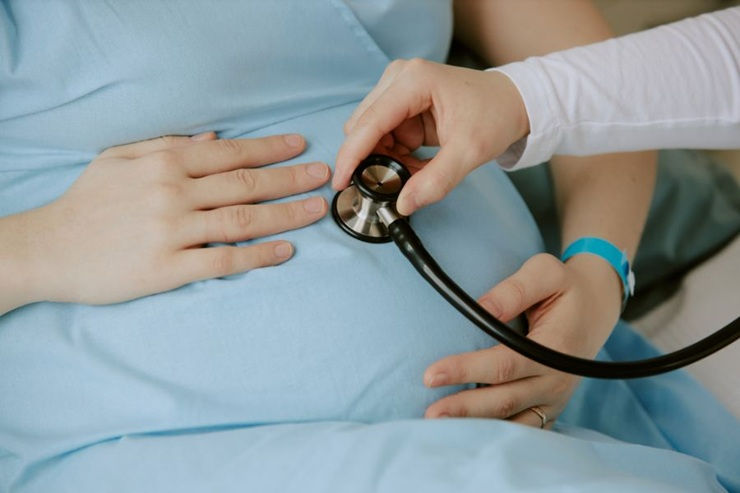Drinkers face weak bones in old age
- May 2, 2016
- 1 min read

New research from the NIHR Southampton Biomedical Research Centre (BRC) suggests that drinking alcohol, even in moderation, makes us more prone to fractures later in life.
As we age our bones gradually get weaker, increasing the likelihood of osteoporosis and fractures and our lifestyle has a significant impact on this process.
It’s established that chronic alcohol consumption causes weak bones - alcoholics are at much greater risk of osteoporosis and fractures - it is less clear whether more moderate drinking habits could also give us brittle bones, or if there is a ‘safe’ level of drinking that has no effect.
Drinking habits
Research led by BRC investigator Professor Cyrus Cooper, published in the journal Bone, has demonstrated that regularly drinking even a small amount of alcohol can affect our bone structure and strength.
They analysed the bone structure of 376 participants in their seventies and eighties from the long-term Hertfordshire Cohort Study, and compared this with their drinking habits.
Overall they found that the more alcohol participant tended to drink each week, the more likely they were to have weak bones, with this trend particularly clear for men.
Less is more
Even those who tended to drink a low to moderate amount of alcohol, 11 units or less a week – below the current government guideline limit of 14 units a week - had a weaker bone structure in old age than those who drank less than a single unit or didn’t drink at all.
These results suggest that drinking, even in moderation, increases the risk of bone fractures and osteoporosis in old age, and that cutting down on alcohol may be beneficial for our bones.



Comments